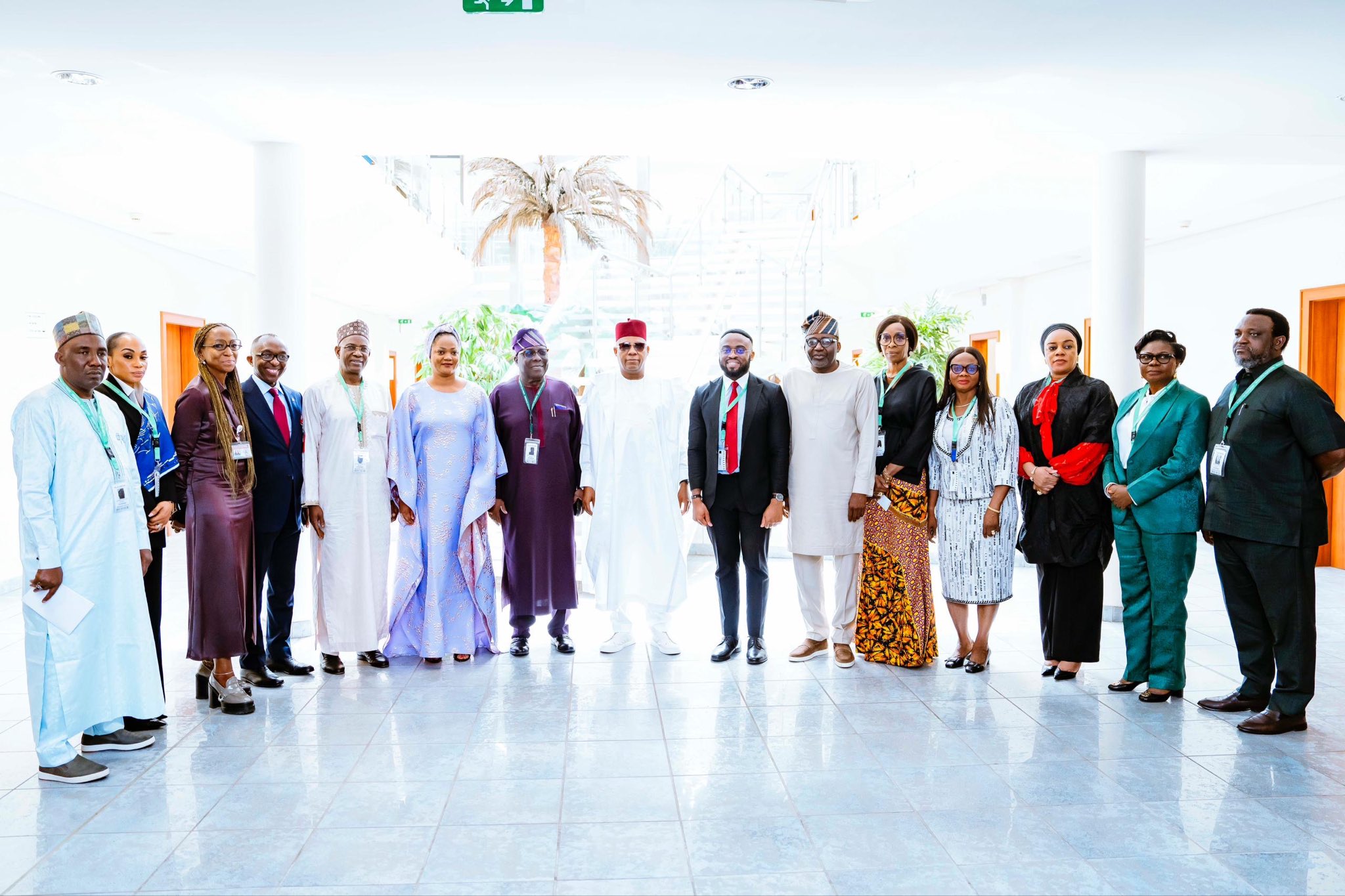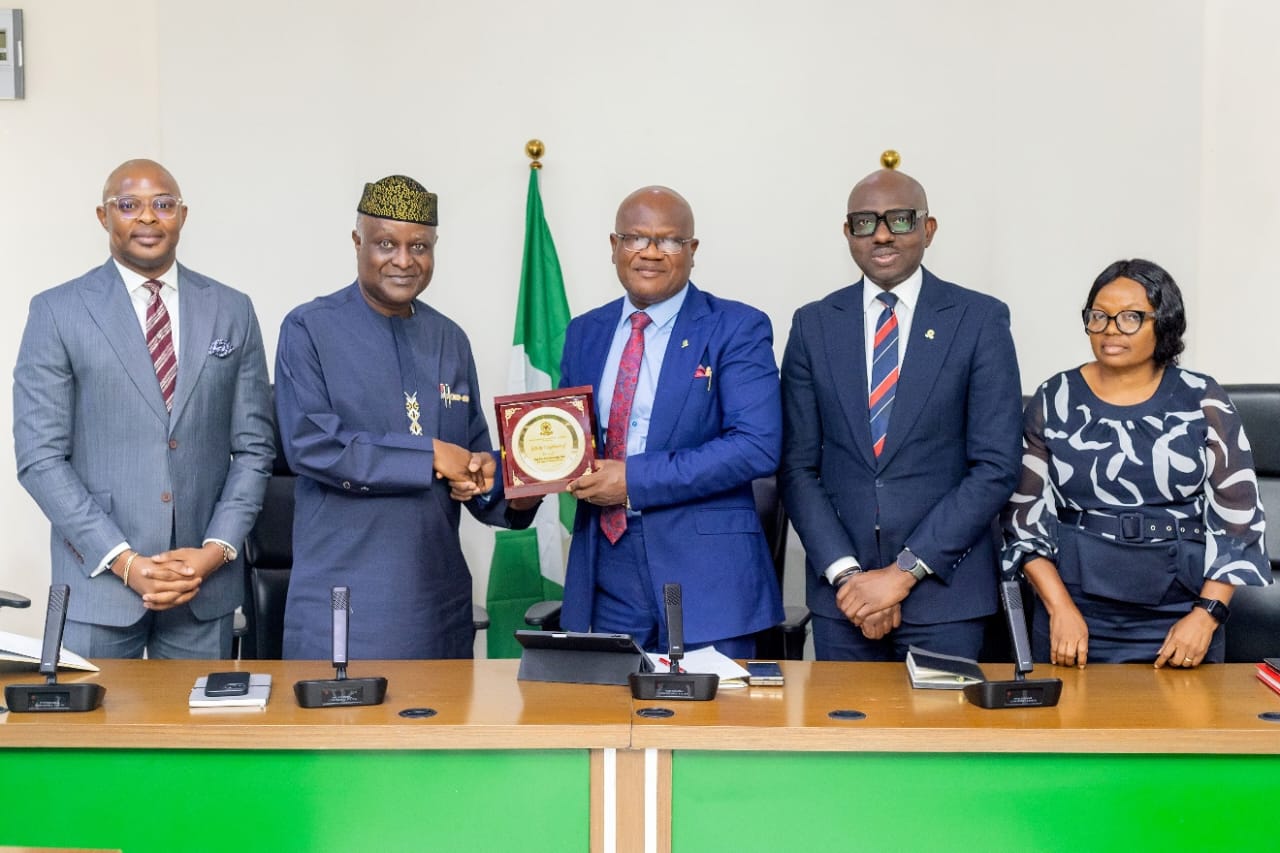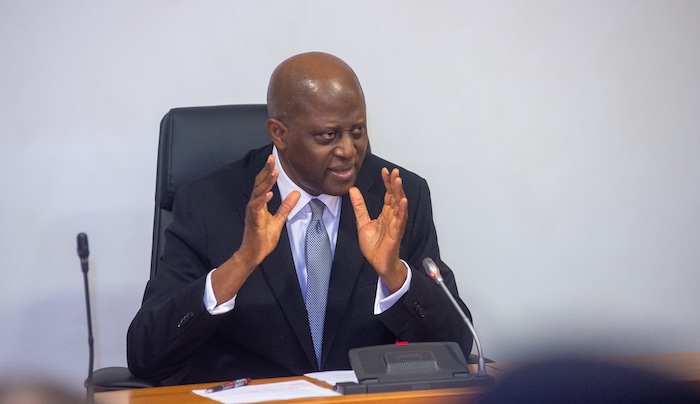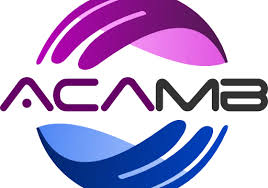FCMB’s ₦160bn Capital Raise Aligns With Nigeria’s Economic Revival
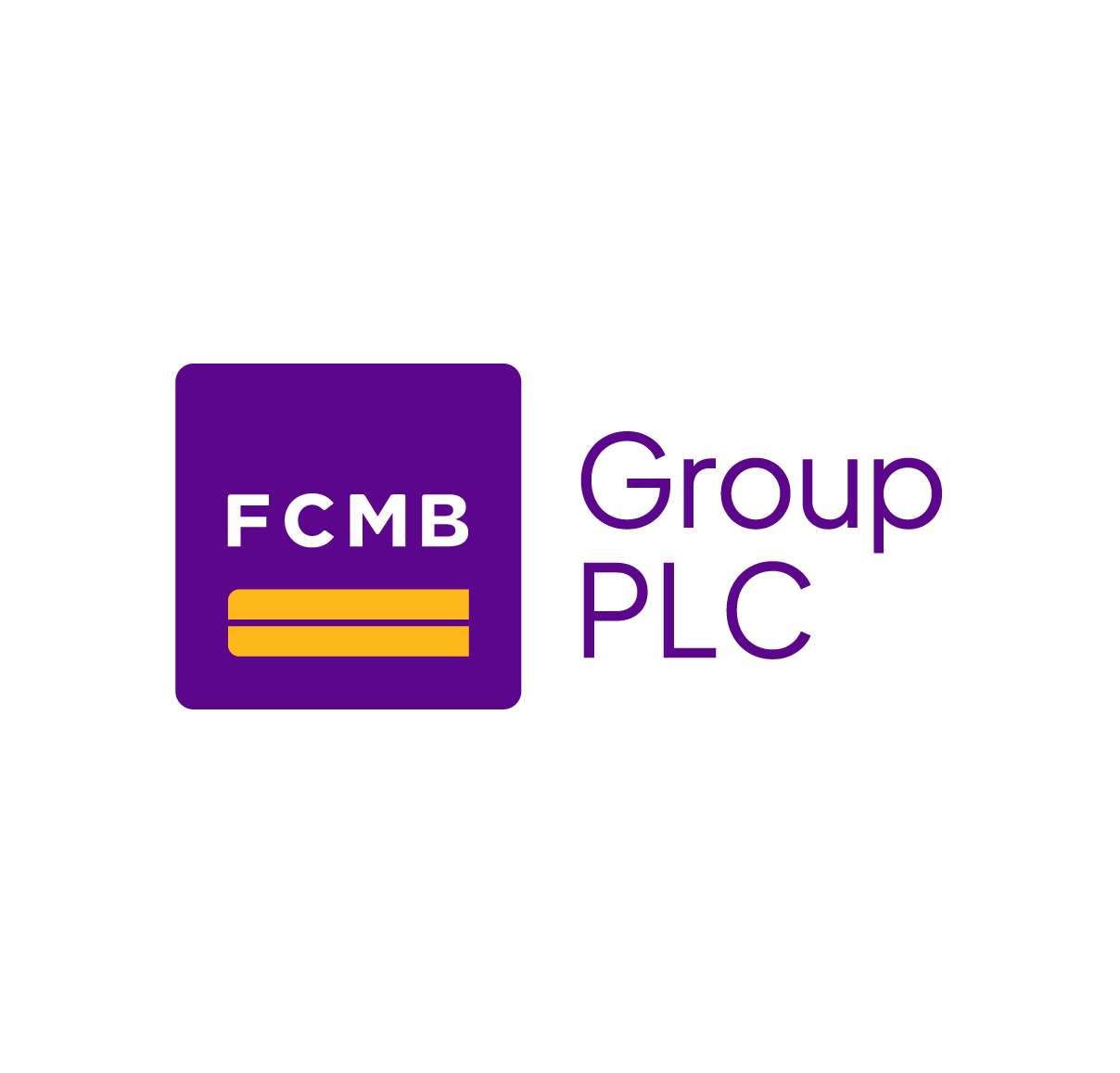
On October 13, 2025, FCMB Group Plc presented the facts behind its ₦160 billion public offer to capital market operators, investors, and other stakeholders at the Nigerian Exchange Group (NGX).
The offer marks a critical phase in the Group’s recapitalisation programme designed to strengthen its capital base, retain its international banking license, and enhance shareholder value in line with the Central Bank of Nigeria’s new ₦500 billion capital requirement for international banks.
The Group CEO of FCMB, Ladi Balogun, presented the offer details during the “Facts Behind the Offer” session, showcasing the importance of the capital raise towards building a stronger and more resilient financial institution.
Balogun traced the Group’s rich history with NGX, highlighting how the exchange has facilitated approximately $863 million in capital raising since the bank’s inception, with recent rounds heavily supported by domestic investors. This confidence from local market participants is especially vital for economic stability and long-term sector growth.
Setting the capital raise against Nigeria’s improving macroeconomic backdrop, Balogun pointed to key indicators such as foreign reserves reaching a 10-year high, inflation dropping to near 20%, and the naira’s appreciation as signs of stability that buoy investor optimism. He projected that lower interest rates and Nigeria’s potential return to emerging market indices would drive increased foreign portfolio inflows and higher valuations, particularly in the banking sector.
Nigerian Exchange Group CEO, Jude Chiemeka, in his welcome remarks, applauded FCMB’s proactive engagement with investors through this transparent communication platform. He said, “We applaud FCMB’s proactive engagement with investors. The financial sector is critical to our economy, accounting for over 75% of daily trading on the NGX and contributing significantly, including ₦2.2 trillion in taxes over the last four years.”
Chiemeka highlighted the broader achievements of the exchange, including ₦4.6 trillion raised across various asset classes in H1 2025 and sustainability efforts such as green and social bonds issuance in partnership with the International Finance Corporation. He urged FCMB to deepen collaboration with NGX’s X-Academy on corporate governance and investor education, reinforcing the commitment to market development.
Speaking on FCMB’s strong H1 2025 Financial results, Balogun spoke to the restructuring, which showed a 23% profit before tax increase and a 20.6% return on equity. He explained that “the cost of funds remains high due to the 50% cash reserve requirement, meaning half of deposits earn zero interest. Raising equity helps repay expensive deposits, effectively creating higher yields on that capital.”
He added that, “following FCMB’s 2024 capital raise, the bank’s net interest margin rose to 9.1% and return on equity reached the 20% range by mid-year. We expect a similar outcome after the new capital raise closes in November 2025, with funds deployed by Q1 2026 to further reduce fixed deposits.”
The FCMB Group CEO also reiterated Nigeria’s economic milestone, whereby GDP growth has finally outpaced population growth, a crucial shift for poverty reduction. “Sustained poverty reduction requires annual GDP growth of about 7%. The Central Bank of Nigeria is driving reforms that have supported this improvement,” he stated.
Balogun highlighted monetary reforms like the floating of the exchange rate and clearing a $7 billion FX backlog, which have improved foreign reserves and investor confidence. Encouraging shareholder participation, He urged investors, “to maintain or increase their investments to avoid dilution,” signalling a bullish outlook for Nigerian banks under these favorable conditions.
The strong performance of FCMB’s stock, which has surged by 395% since 2020, translating into a 70% compound annual growth rate, combined with the bank’s undervalued price-to-book ratio, signals significant upside potential for investors looking to capitalize on Nigeria’s evolving economic landscape.



